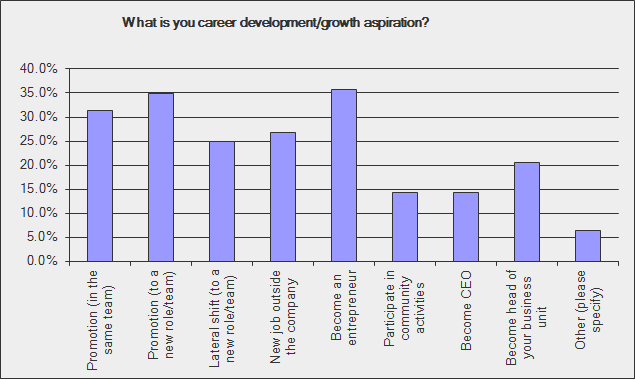One of my tasks last year was to setup support engineering team for one of our products. Once we identified a lead who can potentially run day-to-day operations the next big task was to complete the hiring. If the hiring gets delayed, we run the risk of facing more challenges – delays in resolving customer issues, lowering of customer satisfaction scores, overworking existing team and losing customers. In worst case, there was a chance of losing the openings themselves.
I was not ready to lose the openings neither ready to compromise on my law of hiring. So for some of the candidates, I started trying few different things.
Role Play
I asked candidates to play support representatives and I played an irate customer. We used a familiar product and started shooting my questions. I also had the lead watch our conversation and share notes. The role play helped me assess customer handling capabilities as well as maturity of the candidates in a tough situation.
Take Home Assignment
Since candidates are coming from many backgrounds, it was becoming very difficult to assess their technical and learning abilities in the context of our product. And the solution was easy. I started giving them take home assignment (time bound) to install the product, prepare an overview and learn two areas where we get maximum queries from new users.
The Learning
It was a very interesting experience. Any candidate who gave unreasonable excuses after agreeing to finish the assignment by certain time was a no hire. Those who did come back and we successfully hired showed their ability to learn quickly, research about the product and present a good overview and common challenges that users face. These are all highly required qualities for a support role. What I also found out that some candidates wanted this job badly and their performance in the assignment showed their interest.
Finally!
We were able to hire good folks who were already trained on the product and can start contributing from day 1.



